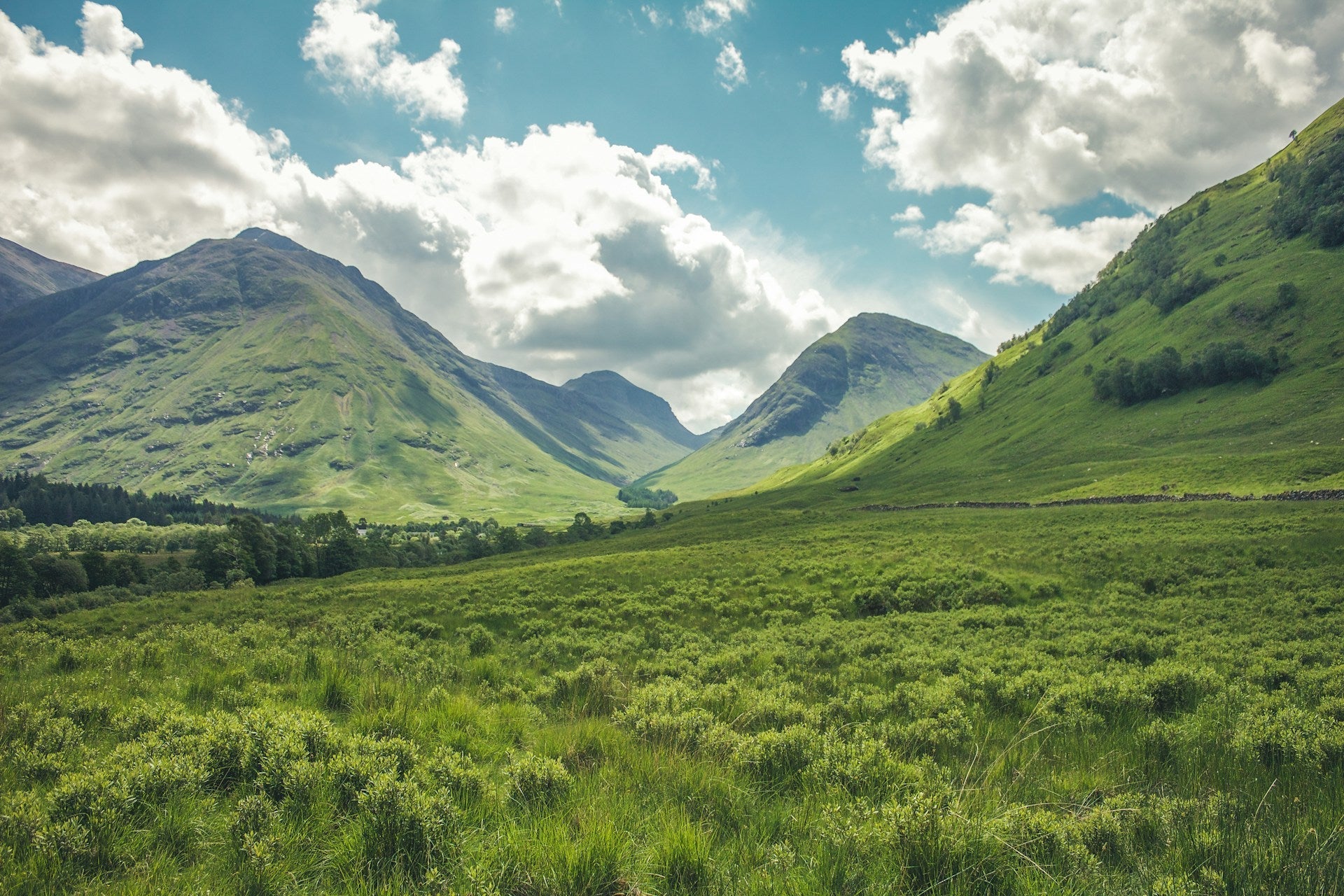Micro-Adventures for Mental Health: Why Small Escapes Make a Big Impact

When life gets overwhelming, the fantasy is usually something dramatic. Quitting your job. Booking a month-long yoga retreat in Costa Rica. Moving to a cabin in the mountains. But the reality is, most of us can’t drop everything when we’re stressed or burned out. We still have meetings, bills, deadlines, and routines. This is where the idea of the micro-adventure becomes powerful.
A micro-adventure is exactly what it sounds like: a small, spontaneous, and accessible break from routine that introduces nature, movement, or novelty into your day or week. It doesn’t require a plane ticket or time off work. And yet, its impact on your mental health can be profound.

How Small Escapes Rewire the Brain
When you step outside your normal routine, even for a few hours, your brain starts to respond differently. One of the first things that happens is a shift in attention. You’re no longer staring at a screen or rehashing your to-do list. Instead, you’re noticing your surroundings—sunlight through the trees, the sound of gravel underfoot, the scent of pine or rain.
This change in sensory input activates new neural pathways. According to research in cognitive neuroscience, novelty triggers dopamine release, which improves mood and increases motivation. Even a quick hike after work or an early morning walk before emails can shake you out of a stress loop and reset your perspective.
Nature as a Mental Health Tool
Most micro-adventures involve some interaction with the outdoors. And that matters. Numerous studies have shown that time in natural environments—especially green spaces—reduces symptoms of anxiety and depression.
In one study published in Scientific Reports, participants who spent just two hours a week in nature reported significantly better health and well-being. Another found that people who walk through forests experience lower cortisol levels and reduced heart rates compared to those who walk in urban settings. The takeaway: the natural world regulates your nervous system in ways that built environments simply don’t.
Why Movement Matters
Micro-adventures usually include some form of physical movement—hiking, biking, swimming, or just walking in a new part of town. The combination of physical exertion and new surroundings amplifies the effect. Movement alone boosts endorphins and promotes a sense of accomplishment. Add in the mental benefits of being outdoors, and you’ve got a potent formula for stress relief.
And because these adventures are short, they’re more likely to become habits. Instead of waiting all year for a single vacation, you get a reliable outlet for regular renewal.
Breaking the Routine Without Breaking the Schedule
You don’t need a tent or backpack to start micro-adventuring. It can be as simple as:
-
Watching the sunrise from a new viewpoint before work
-
Taking a cold plunge in a lake on your lunch break
-
Planning a solo evening hike with a headlamp
-
Spending a Saturday exploring a nearby trail you’ve never tried
-
Stargazing from your rooftop or backyard
The key is intention. You’re not just killing time. You’re creating space. Space to breathe, to notice, to remember that your life is more than your inbox.
Accessibility and Low Barriers
One of the most empowering aspects of micro-adventures is how accessible they are. You don’t need money, gear, or even a car. A walk in the rain can be a micro-adventure. So can a bike ride with no destination or sitting quietly in a patch of trees. The point is not what you’re doing. It’s how you’re doing it—with curiosity, presence, and a willingness to step outside your usual routine.
A Habit That Builds Resilience
When practiced regularly, micro-adventures create rhythm in your life. They become natural pressure valves that release tension before it builds. You start to look forward to your small escapes, and your brain begins to associate them with relief, creativity, and calm. That anticipation itself becomes therapeutic.
You also become more adaptable. People who routinely seek out small moments of novelty and nature are often better at managing change and uncertainty. You’re training your system to self-regulate, to find balance not in escape, but in reconnection.
Final Thoughts
We live in a culture obsessed with doing more, going faster, and achieving bigger. Micro-adventures offer a quiet rebellion. They remind us that fulfillment doesn’t always come from dramatic changes or expensive trips. Sometimes, it comes from waking up early to watch fog roll off the hills. From jumping into a river just because it’s there. From being, fully and simply, in the world.
In a world that often feels loud and urgent, micro-adventures give us a way to slow down, pay attention, and remember what makes us feel alive. Not someday, but today.





Comments